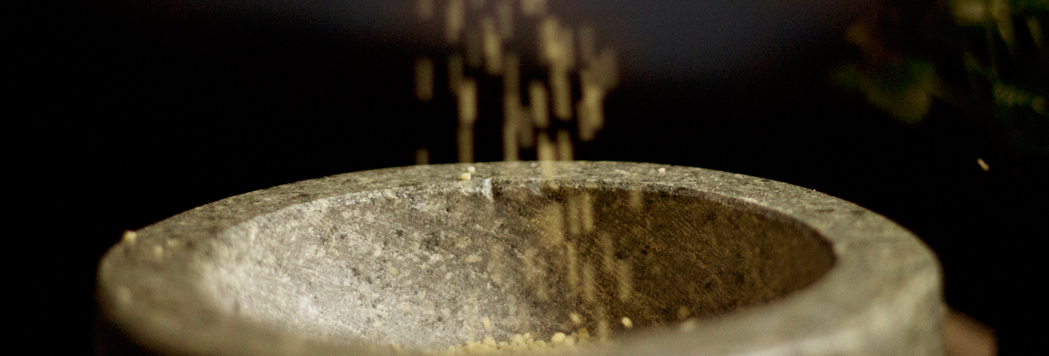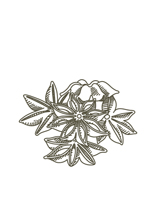Lemon
 Lemon (Citrus limonum)
Lemon (Citrus limonum)
Lemon is a small evergreen tree native to Asia, with ellipsoidal yellow fruits. It is now grown throughout the Mediterranean, Australia, Central and South America, California, and Florida. Its juice, pulp and peel, especially the zest, are used as foods. The juice of the lemon is about 5% to 6% citric acid, which gives lemons a sour taste. The lemon was first recorded in literature in a 10th century Arabic treatise on farming, and was also used as an ornamental plant in early Islamic gardens. It was distributed widely throughout the Arab world and the Mediterranean region between 1000 and 1150. Lemons were known to the Jews of Jerusalem, who, according to Josephus, pelted an errant high priest with them during a festival in the 90s BC. They entered Europe near Southern Italy no later than the 1st century AD, during the time of Ancient Rome. Historically, lemon essential oil was used to treat various health concerns, and in fact, the oil was even used as an antidote for some poisons. Lemon juice, rind, and zest are used in a wide variety of food and drink. Lemon juice is used to make lemonade, soft drinks, and cocktails. It is used in marinades for fish, and as a short-term preservative. Lemon juice and rind are used to make marmalade and lemon liqueur. Lemon slices and lemon rind are used as a garnish for food and drinks. Lemon zest, the grated outer rind of the fruit, is used to add flavor to baked goods, puddings, rice and other dishes.Preserved lemons are a part of Moroccan cuisine. They are also one of the main ingredients in many Indian cuisines.
Lemon oil may be used in aromatherapy. It comes from the peal of the lemon. It takes 3,000 lemons to produce one kilo of oil. With its antiseptic properties, lemon oil was commonly used as cleansing and healing agent. Throughout various cultures and regions of the world, lemon was used as a treatment for some illnesses, as an aromatic fragrance, and as a general food/ beverage flavor additive. While lemon oil is known to have powerful antiseptic properties, the lemon is also able to stimulate a variety of health and wellness benefits. Most popularly, lemon essential oil is used for its many aromatherapy benefits, as the fragrance has an uplifting effect. The health benefits of lemon oil can be attributed to its stimulating, calming, carminative, anti-infection, astringent, detoxifying, antiseptic, disinfectant, sleep inducing, and antifungal properties. These benefits of lemon oil include its ability to treat stress disorders, fever, infections, asthma, over weight, insomnia, skin disorders, hair disorders, stomach problems and tiredness.
































